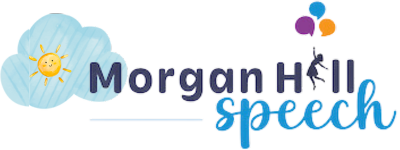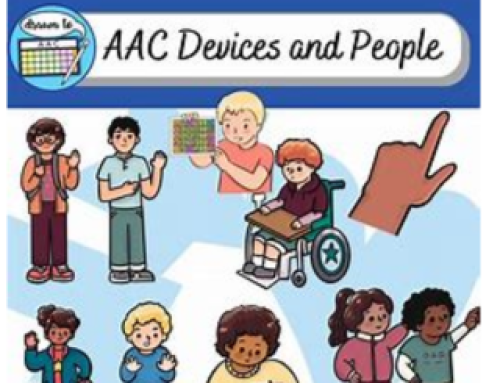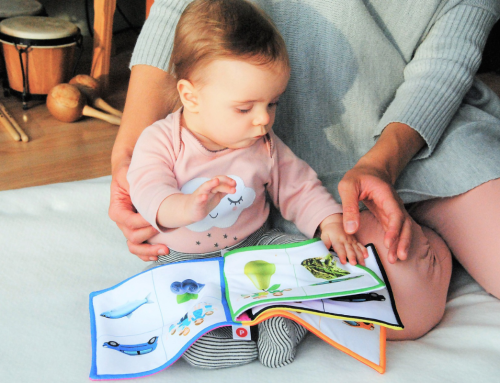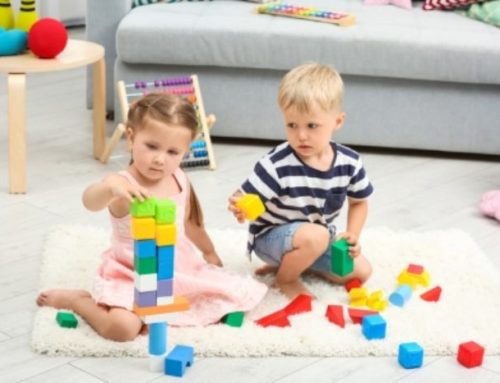Do you know a child who repeats words or phrases from their favorite TV show verbatim? At first glance, you may think this lacks meaning, but these repetitive utterances, often called ‘echolalia’ are far more significant—they are stepping stones in the child’s journey to mastering language. This way of developing language is a hallmark of what is known as Gestalt Language Processing (GLP), a natural way some children, including many on the autism spectrum, learn to communicate.
Gestalt Language Processing is a different way to language development that contrasts with the more commonly understood analytic language development. While analytic processors build language piece by piece, starting with single words and gradually forming sentences, gestalt processors learn in chunks or “gestalts.” These chunks of language can be phrases, sentences, or even longer scripts that children hear and memorize before they begin to understand and use individual words within these chunks.
In this blog post, we will delve into Gestalt Language Processing and how understanding this way of developing language is crucial for parents, educators and therapists alike in promoting language development.
Who Uses Gestalt Language Processing?
Gestalt Language Processing (GLP) is a natural and valid way of developing language that is found in a diverse group of individuals, including both neurotypical and neurodivergent children and adults. Many neurotypical children naturally use gestalt language processing as they begin to acquire language. They often repeat phrases and sentences they hear from adults, siblings, media, and their environment. These chunks of language are used before they start breaking them down into individual words and constructing original sentences. Many neurodivergent children, and often children with Autism Spectrum Disorder frequently use echolalia – immediate or delayed repetition of heard language – as a means of communicating their wants and needs. In fact, echolalia is often a primary feature of gestalt language processing, serving various communicative functions and forming an essential part of the learning process.
Some adults, particularly those learning a second language, may even exhibit patterns of gestalt language processing. They might memorize and use whole phrases and sentences before fully understanding or being able to break them down into individual words and grammatical structures. If you have ever watched ‘RainMan’ Dustin Hoffman portrays an adult with Autism Spectrum Disorder using ‘echolalia’ and ‘chunks of language’ to communicate his wants and needs with his brother, Tom Cruise.
In short, gestalt language processing is a natural and valid way of developing language. Supportive environments that provide rich, meaningful language models and opportunities for spontaneous communication can significantly aid individuals who use GLP.
What to do if you think your child is a Gestalt Language Processor?
If you think your child is a gestalt language processor, taking the right steps to support their language development can make a significant difference. Here are some recommended steps:
- Educate yourself about GLP, a great place to start is https://www.meaningfulspeech.com/.
- Try to figure out what your child is trying to communicate with their gestalts. A good idea is to keep a record of the phrases or chunks of language your child uses, and see if you notice any patterns. For example your child may say “my darling” every time they want to be comforted.
- Create a language rich environment, by modeling clear, simple and varied language that narrates what you are doing during daily activities. For example, “time to eat”; “let’s go outside”; “let’s play trains”; “time for bed”; “I see Daddy”.
- Respond to your child’s attempt at communicating by acknowledging and responding to their attempts, even if they are using echolalia.
- Use visual supports such as pictures, visual schedules, and gestures/signs to support your child’s understanding and use of language.
- Seek out a Speech Language Pathologist who is familiar with gestalt language processing and trained in natural language acquisition (NLA). All therapists at Morgan Hill Speech are NLA trained clinicians who are experts at evaluating how your child is processing language; what NLA stage they are at; and what therapeutic style would best meet their needs.




